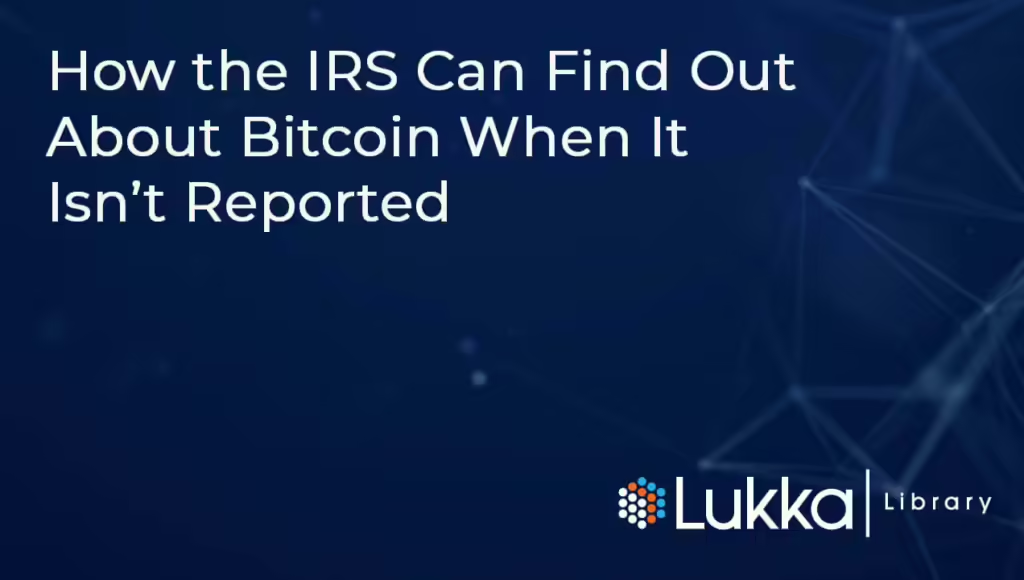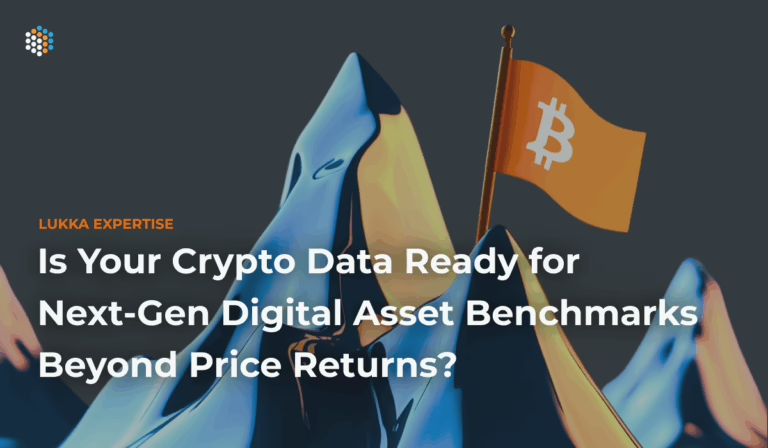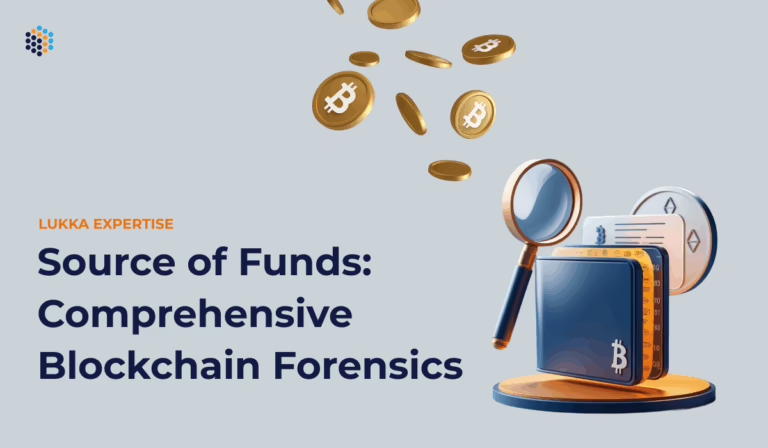When using Bitcoin, it’s important to be aware of potential tax implications, especially if you are a US-based tax filer. Last year, the IRS classified Bitcoin as a capital asset, which meant that the acquisition and disposal prices must be tracked. This is because if a capital asset is sold for more than it was worth when it was acquired, it’s user would be subject to a capital gains tax (short term, if under a year, or long term if over). Throughout this year, we have seen feedback from users that it will not be possible for the IRS to determine if a person has or had Bitcoin. This assumption is not only dangerous but is simply incorrect. Here are a couple of the primary reasons why.
If a person is selected for a full IRS examination (an audit) one of the first things the examining agent will do is ask for copies of all of the person’s bank statements during the year the person is being examined. It is standard practice for the auditor to look at the transactions and inquire about different ones to get more information about them. Therefore, if a person has any deposits or withdraws to or from their bank account from a Bitcoin exchange (the transactions usually say the Bitcoin exchange name), this would be a tell-tale signal that the person did in fact have Bitcoin transactions during the year that was being examined.
Another way the IRS can potentially discover Bitcoin transactions about a person is via the Bitcoin exchange itself. It is widely suspected that soon (if not already in some cases) that Bitcoin exchanges who do business in the United States will need to provide tax reporting on their users similarly to other financial institutions. For example, if a person buys stock in the United States, and then later sells it (it doesn’t matter if it was for a profit or a loss), the company they used reports this information to the IRS at the end of the tax year in order to be compliant (via form 1099-B). If a person then doesn’t report their transaction to the IRS, the IRS will already have access to the information via the exchange.
Lastly, at the beginning of this post we included a graphic from the public affidavit of the recent charges brought against federal employees claiming they illegally took personal ownership of Bitcoin during the Silk Road Investigation. In this case, even without bank statements or a reporting exchange, one can see how it is still possible to trace Bitcoin to a person. It was an IRS agent who did the above tracking analysis.
Note: Thanks to Jerry Brito at the Coin Center for originally bringing this blog post graphic to light for us.



